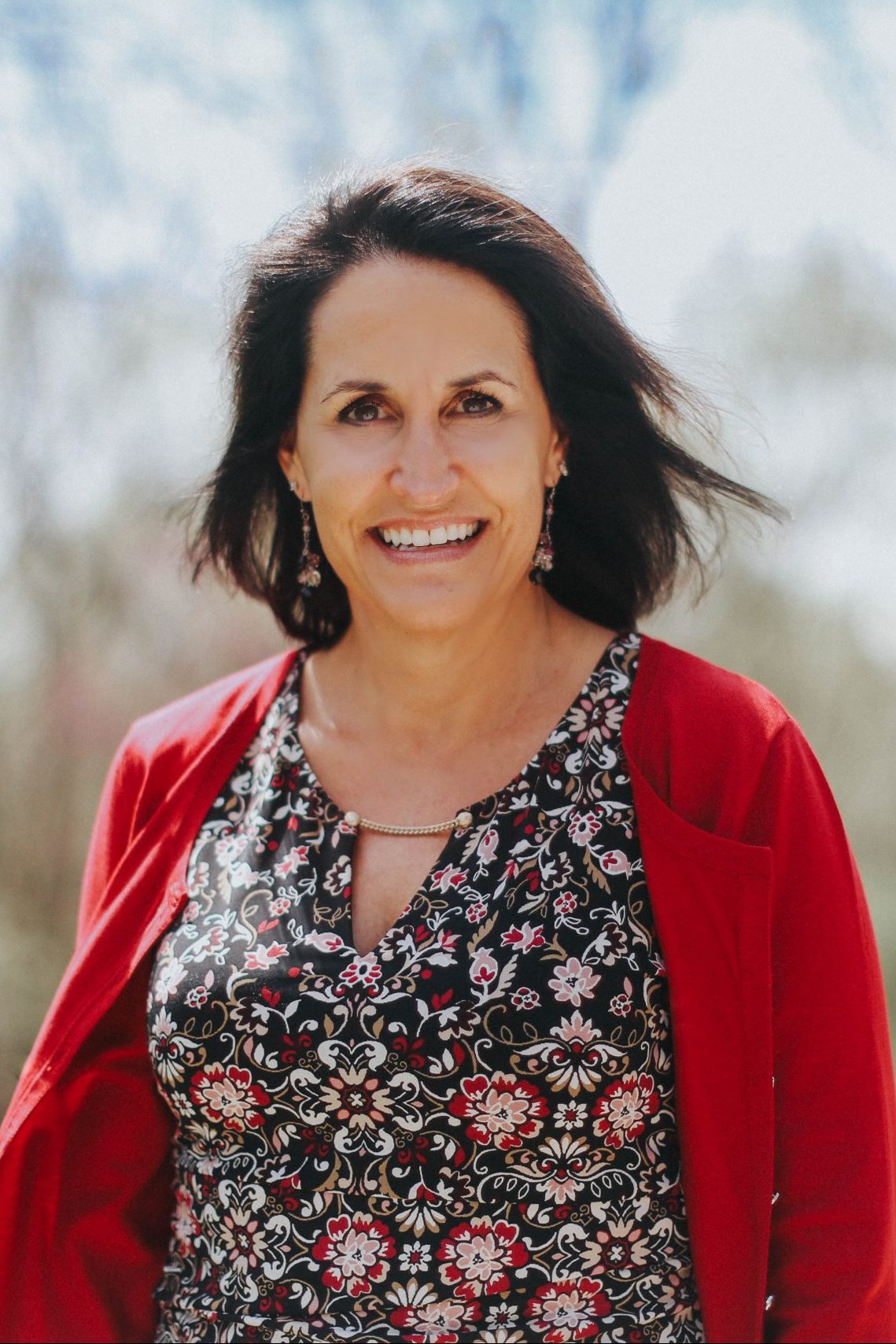In the second part of our conversation with Jennifer Wilson, from the National Pipeline Advisory Group, about how to address the accounting profession’s talent shortage, we learn the importance of telling a better story
In mid-2023, the American Institute of Certified Public Accountants (AICPA) Council passed a resolution calling for a National Pipeline Advisory Group (NPAG) to identify the core dynamics that are fueling the accounting profession’s talent shortage and recommend constructive solutions. And after a year of intensive meetings and research, the NPAG issued its final report, Accounting Talent Strategy Report, at the end of July 2024.
Jennifer Wilson — co-founder and partner of ConvergenceCoaching and the NPAG’s independent facilitator — discussed with us why the accounting profession needs to “tell a more compelling story” in order to address its chronic talent shortage.
Thomson Reuters Institute: In our earlier discussion, you went over the key themes that the NPAG outlined in its research, and one of them — “Make the academic experience more engaging” — seems like it would fit into another — “Tell a more compelling story” — in order to get more students interested in the options that a career in accounting offers.
Jennifer Wilson: Exactly. We need to really look hard at getting into middle schools and high schools, and to evangelize at the university level as well. Right now, accounting classes are disappearing from high schools and being replaced by finance classes, which are mandated by many states. So, one solution could be to get more accounting education into finance classes at the high-school level.
Those of us who are in the profession should also seek opportunities to share our story with high school and even middle school students. It doesn’t matter if you’re a CPA, you say: “I’m in the accounting profession, and here’s what I do inside it.” It’s actually better if we’re not all auditors and tax people going into schools, because students — especially college students — need to know that they are not on a one-way track to public accounting, or on a two-way track to either tax or audit. There are so many career pathways available inside our profession and so many roles and different ways of participating, but we need to tell that story better.
Thomson Reuters Institute: Not to nurse a stereotype, but many accountants may not be comfortable talking to a group of students about their work. What do you say to those folks?
Jennifer Wilson: I tell people that the first place I want everybody to look is at your kitchen table. What kind of story are you telling there? Because your kids are listening, and they are telling their friends. I don’t care who it is or where, we need to start looking at the youth in our midst and saying: “Hey man, this is a cool profession, it has unlimited opportunity, and you really should consider it.”

This is something all of us can start doing today, by the way. For example, there’s a woman named Michelle Randall who is a tenured professor and CPA at a community college in Michigan. Her daughter just became a newly minted CPA, by the way. Michelle goes all over the place, individually promoting the holy heck out of the profession in high schools and community colleges. She uses an online platform called The Lemonade Stand that teaches students basic principles of accounting by running a simulated lemonade stand. Part of her passion is to tell a better story and get people hooked on how cool accounting is, how entrepreneurial it can be, and how interesting it is. She’s not waiting for a large organization or university to organize action — she’s in action herself, evangelizing accounting, and doing her Lemonade Stand work. And she has been at it for quite some time.
Thomson Reuters Institute: Did your research uncover any other people or projects that might serve as an inspiration to accounting professionals?
Jennifer Wilson: There’s an organization called the Center for Audit Quality (CAQ), which is focused on audit quality — but in order to ensure audit quality, we have to have talent who want to become auditors. So, part of the CAQ’s organization is Accounting+, which studies the talent pipeline and is engaged in telling a better story about accounting. They reached 110,000 high-school students last year through their Q-Plus program in conjunction with EVERFI, which is an online platform that exposes high-school kids to different careers. The CAQ also is focused on reaching out to underrepresented minorities, which is another one of our themes.
Likewise, NABA, Inc. has their boot camps and summer exposure programs that are reaching thousands of students and could reach more with additional amplification, support, and funding. So, there is a lot of cool stuff in the “tell a better story” chapter that people are already doing — but we need to do more of that and support it better.
Thomson Reuters Institute: There is something in the report called “The Pipeline Pledge.” What is that?
Jennifer Wilson: The Pipeline Pledge is a personal pledge that we’re asking individuals to take, committing them to participate in activities that can influence and grow the talent pool. It’s a personal pledge, but you can take it as an individual contributor, as a firm leader, or as an academic — but it’s a pledge we want everyone to take.
If you take the pledge, you’re committing to doing two things in the next 12 months to help shift the profession’s image. The report includes a list of solutions that can serve as suggested activities to get out there and really impact the pipeline individually. One of the easiest activities includes promoting the profession and telling a better story.
Thomson Reuters Institute: You’ve pointed to a lot of things that people are already doing to help solve the talent crisis, but it always seems as if the accounting profession’s talent problem is an uphill battle — as if no matter what is done, nothing seems to change. After working on this report, are you optimistic that progress in this area can actually happen? Or is it all still a pipe dream, pardon the pun?
Jennifer Wilson: In the report, we emphasize that in order to create real change, we need a more unified effort across the profession’s associations, organizations, academia, and employers, as well as a recognition that the root causes of the talent shortage can’t be addressed in isolation, because they all affect different parts of the pipeline.
In fact, one of the things we also wanted to stress is how critical it is that each of us in the profession — regardless of our role and whether we’re a CPA or not — recognize that we’re all fed by the accounting profession. We love it and care about it, and we can all make a difference immediately — we just need to get to work.
I think I can speak for all 22 of the NPAG members working on the report, sharing that we left feeling encouraged that there is hope, and if we take personal responsibility to drive change, that we can genuinely move the needle on this.
This is the second in a series of three blog posts about the National Pipeline Advisory Group (NPAG) and how to address the talent shortage in the tax & accounting industry.







